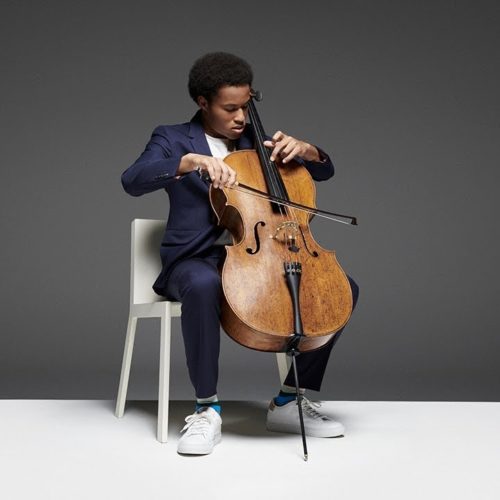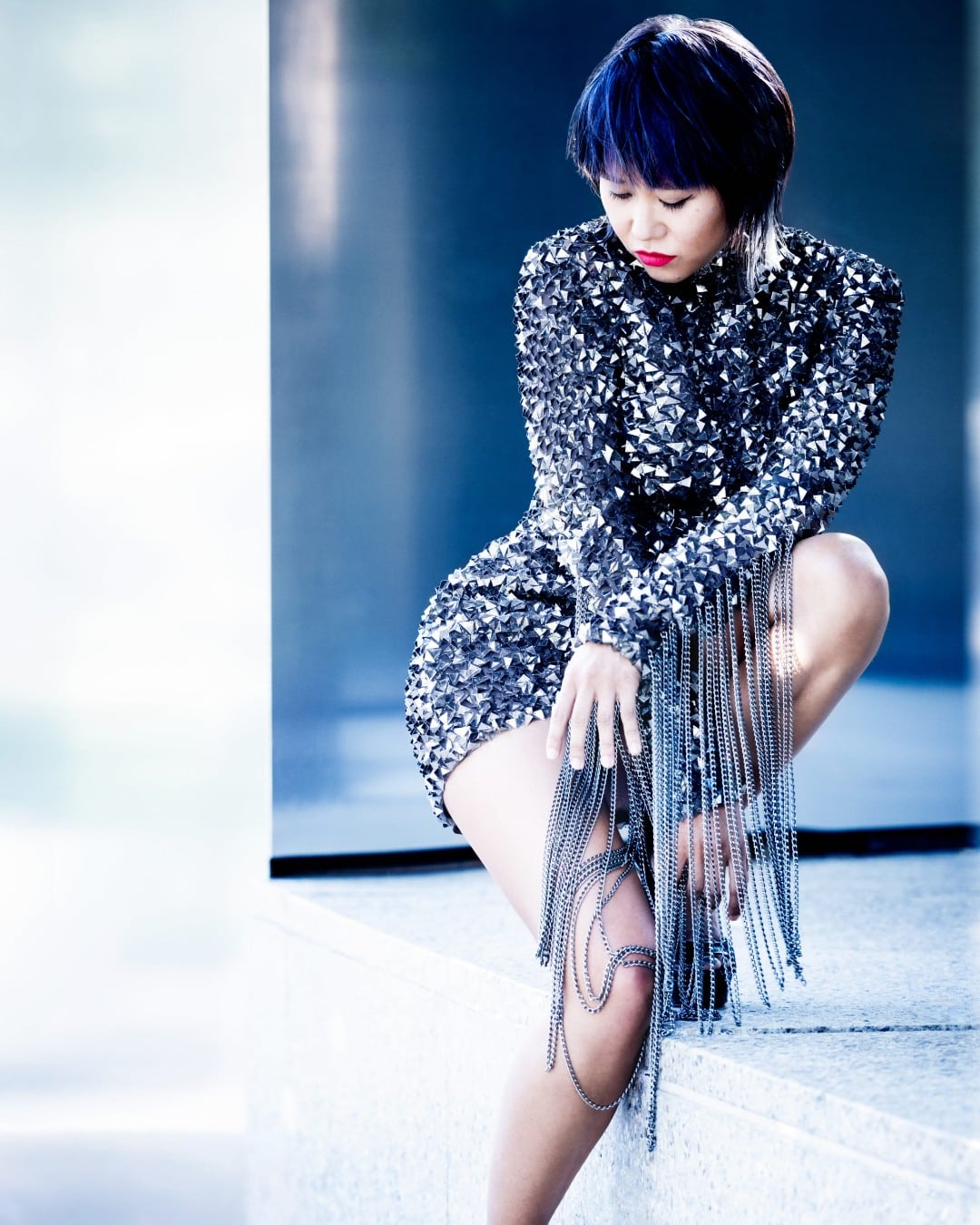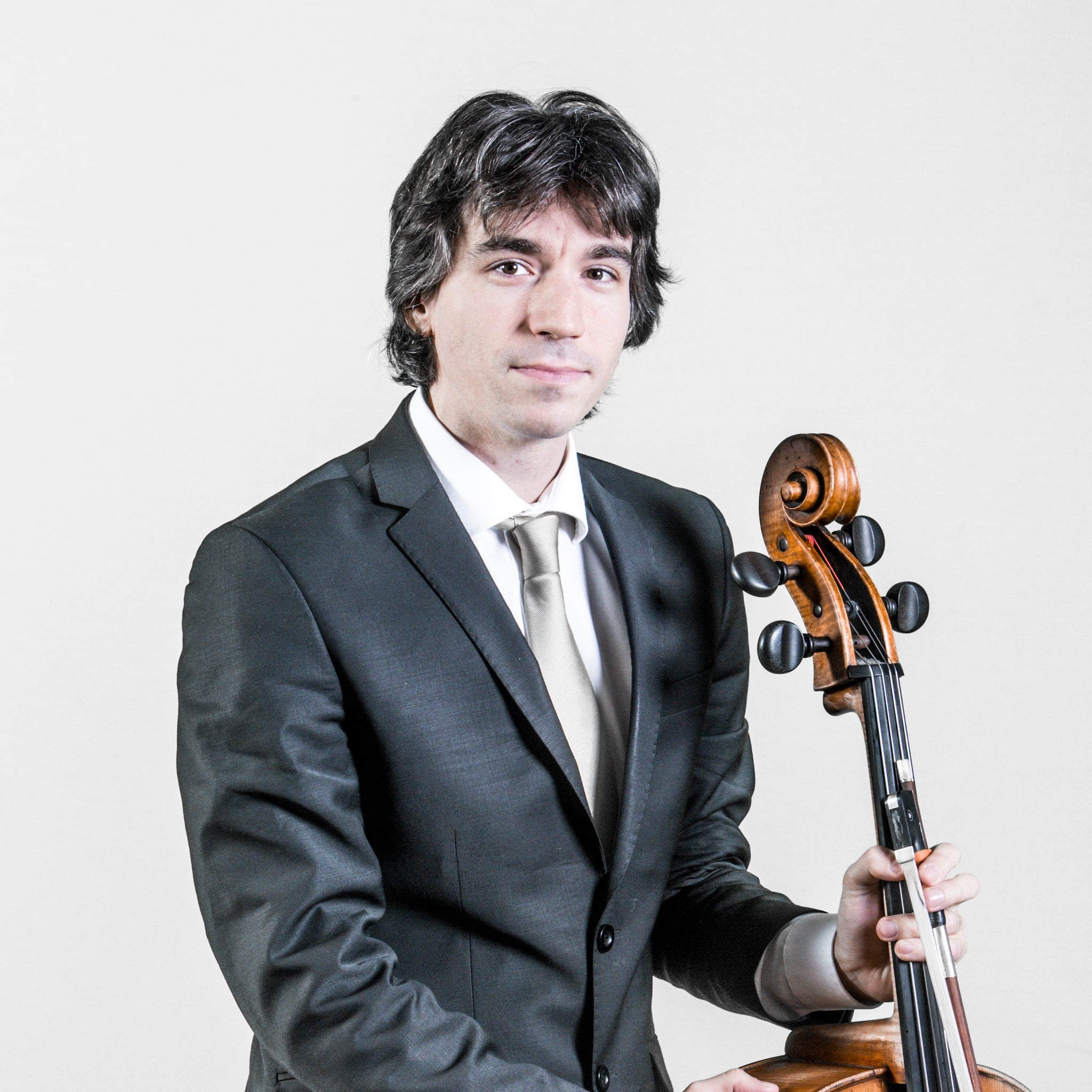Royal cellist is now a clothes model
UncategorizedPaul Smith dressed Sheku Kanneh-Mason for the royal wedding.
Now Sheku is starring as his model, promoted across all media.


Paul Smith dressed Sheku Kanneh-Mason for the royal wedding.
Now Sheku is starring as his model, promoted across all media.

This is Deutsche Grammophon promo for her forthcoming…

The death has been made known of the…

Martin Hébert is stepping down after 19 years…

Anna Starushkevych is a Ukrainian-British opera singer who…

Session expired
Please log in again. The login page will open in a new tab. After logging in you can close it and return to this page.
Comments